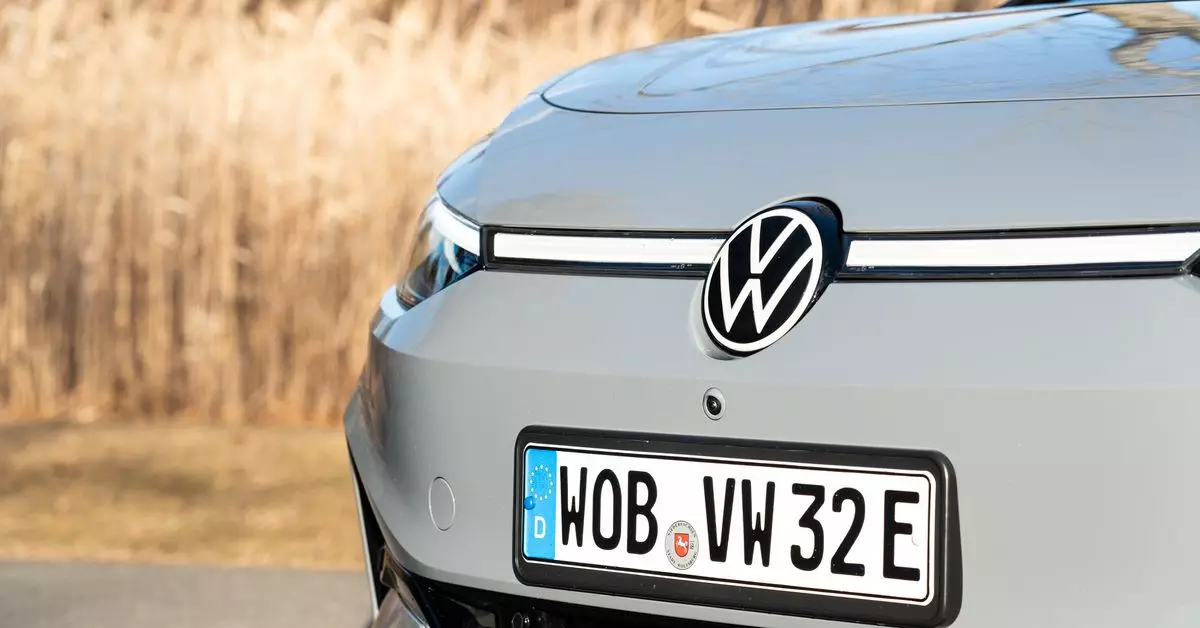A recent investigation has unveiled a significant data leak affecting around 800,000 electric vehicles produced by Volkswagen and its subsidiaries, including Audi, Seat, and Skoda. This alarming breach was first reported by the German news outlet Der Spiegel, sparking concerns over the implications of such vulnerabilities in modern automotive technology. As electric vehicles (EVs) increasingly become integrated into the digital landscape, the risk of compromising sensitive data poses a critical challenge for manufacturers and drivers alike.
The source of this leak appears to be linked to Cariad, Volkswagen’s software subsidiary. The company’s systems inadvertently exposed extensive data about the operations of their vehicles. According to Electrek, this technical oversight allowed unauthorized individuals to potentially track drivers’ movements in real-time. The accessibility of this data signifies a severe flaw in the company’s efforts to secure user privacy. What makes this situation even more concerning is that the leaked information was stored in Amazon’s cloud service, which raises further questions about the adequacy of their data protection practices.
The implications for affected drivers are significant. The data leak purportedly included not only location tracking but also sensitive personal information, such as names, email addresses, and phone numbers. The precise location data was reportedly accurate within mere centimeters for some vehicle models, making it alarmingly easy for malicious actors to monitor the specific movements of individuals. For a brand that prides itself on innovation and technological advancement, this incident highlights a troubling misstep in prioritizing the security of its customers’ information.
The revelation of this data leak was prompted by a whistleblower who alerted both Der Spiegel and the Chaos Computer Club, a European hacking advocacy group. The willingness of insiders to expose such vulnerabilities is crucial, as it emphasizes the need for transparency and accountability within corporations. This situation showcases an essential dimension of modern cybersecurity: the role of individuals who stand to protect user privacy from corporate negligence.
As we advance into an increasingly connected automotive future, this incident serves as a critical case study for both manufacturers and consumers. Volkswagen’s data breach exposes the urgent need for automakers to prioritize cybersecurity measures during the development of their software systems. Enhancing protective protocols, conducting thorough testing, and ensuring compliance with stringent privacy regulations are pivotal steps that must be taken to safeguard customer data.
As electric vehicles continue to reshape our transportation landscape, the lessons learned from this data leak should resonate throughout the industry. It underlines the pressing responsibility of automotive companies to integrate robust data protection strategies, not only to preserve their reputation but, more importantly, to protect the privacy and safety of their customers.

